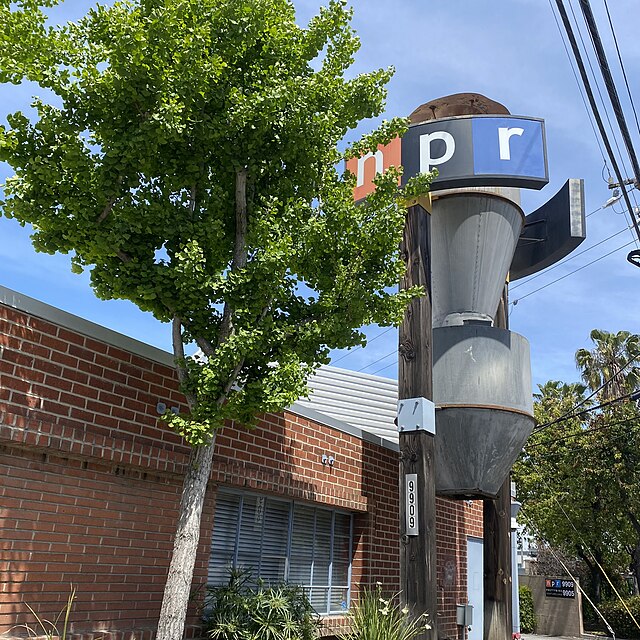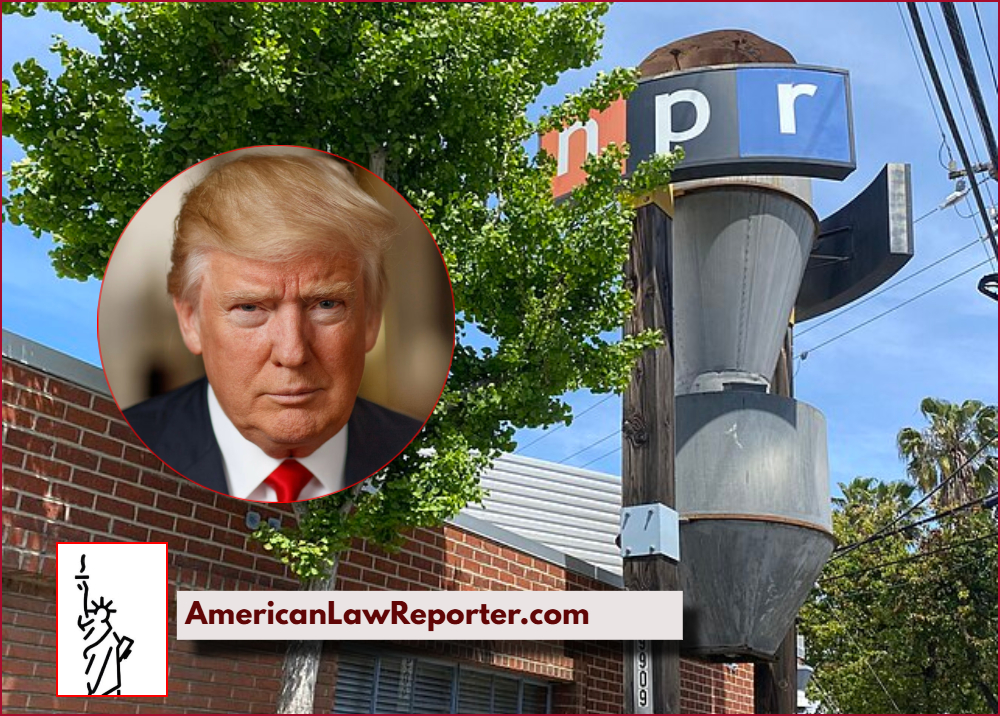National Public Radio (NPR) and three public radio stations based in Colorado have filed a federal lawsuit challenging a recent executive order by President Donald Trump that seeks to terminate federal funding for NPR and the Public Broadcasting Service (PBS).
The plaintiffs claim the order constitutes a direct assault on First Amendment protections and Congressional authority.
The order, titled “Ending Taxpayer Subsidization of Biased Media,” directs the Corporation for Public Broadcasting (CPB)—a nonprofit entity created by the Public Broadcasting Act of 1967—to halt all financial support to NPR, PBS, and other public media institutions. The CPB has historically served as an intermediary to protect public media from political interference while administering federal funds to local stations.
According to the lawsuit, the order was not issued for budgetary or policy reasons, but as retaliation for NPR’s editorial content. The complaint accuses Trump of targeting public broadcasters due to perceived negative coverage, stating:
“The Order aims to punish NPR for the content of news and other programming the President dislikes and chill the free exercise of First Amendment rights… This is textbook retaliation and viewpoint-based discrimination in violation of the First Amendment.”
Key Constitutional Challenges

The plaintiffs assert the executive order violates multiple constitutional provisions, including:
- First Amendment: By engaging in viewpoint-based discrimination, the order allegedly infringes on editorial freedom, journalistic expression, and public discourse.
- Due Process Clause: Plaintiffs argue they were deprived of funding and due consideration without appropriate procedural safeguards.
- Spending Clause: The complaint claims the order exceeds presidential authority by redirecting funds already appropriated by Congress, thereby undermining legislative control over federal expenditures.
- Separation of Powers: The lawsuit asserts the President’s action encroaches on Congressional intent as set forth in the Public Broadcasting Act.
Context and Related Litigation
The lawsuit follows another legal challenge filed by three CPB board members after Trump attempted to remove them from their posts. Those plaintiffs claim CPB is not a federal agency and argue that Trump’s move violates the statute’s design to keep public media independent from executive influence. That case remains pending in federal court.
The new suit stresses that defunding public media undermines the very architecture Congress put in place to insulate journalistic institutions from political pressures and preserve the public trust.
What’s at Stake
If upheld, the executive order could devastate the public media ecosystem, especially rural and underserved communities reliant on federal subsidies to maintain local reporting, educational content, and cultural programming.
Legal analysts suggest the case may test the boundaries of executive authority, especially where government speech and constitutional protections intersect.

